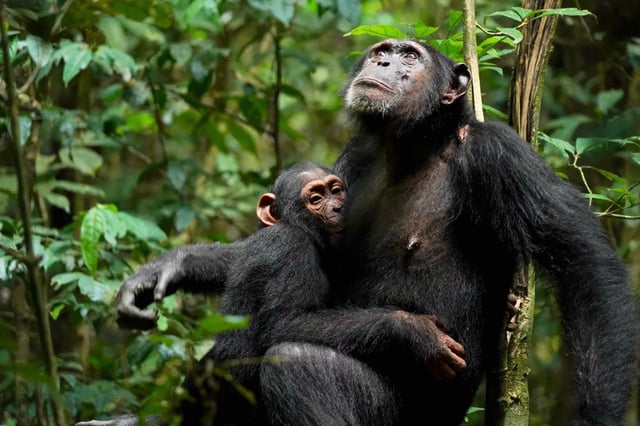Overview
- A four-year study in Côte d’Ivoire’s Taï National Park identified secure and insecure-avoidant attachment styles in wild chimpanzee infants, similar to human children.
- Unlike humans and captive chimpanzees, wild chimpanzees showed no evidence of disorganized attachment, which is considered maladaptive for survival.
- The study highlights the role of the natural social environment, with Taï chimpanzee communities exhibiting low aggression, minimal infanticide, and male adoption of orphans.
- Findings suggest shared attachment strategies across primates may reflect a common evolutionary heritage shaped by rearing conditions.
- Published on May 12, 2025, in Nature Human Behaviour, the research prompts reflection on how human caregiving practices impact infant development.
